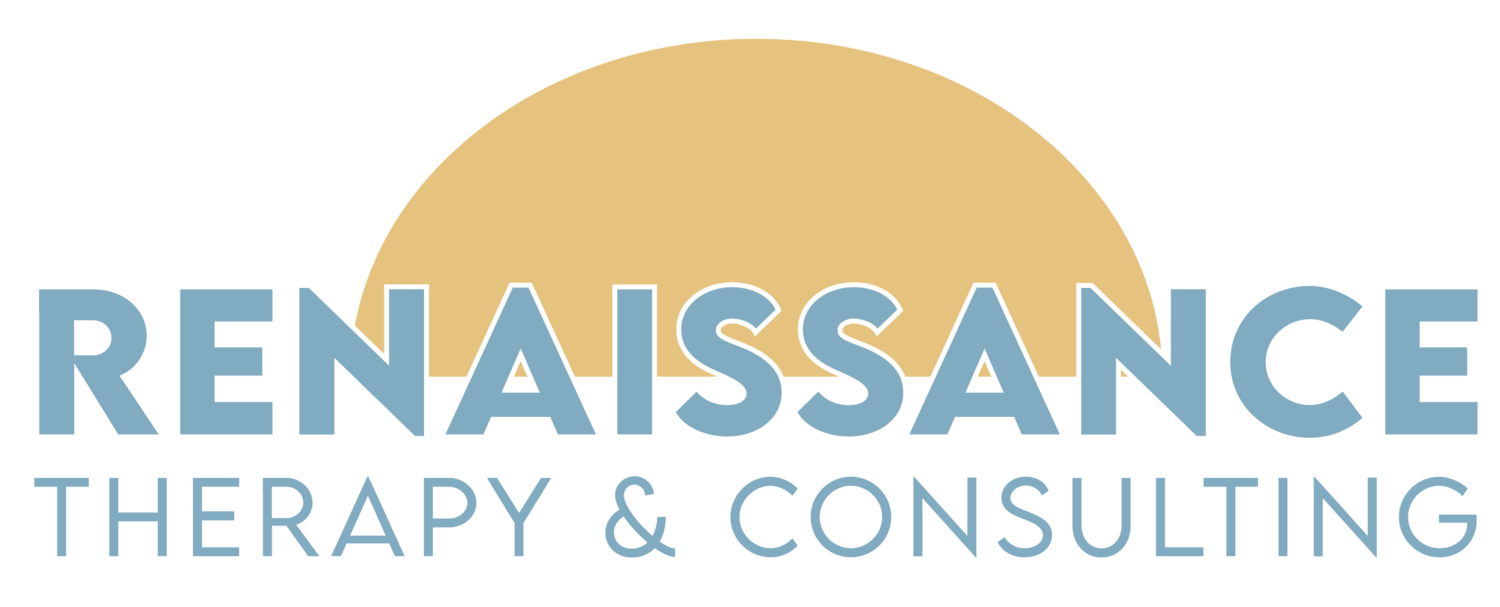EMDR & Trauma Therapy
Twin Cities, MN
You are so much more than what’s happened to you.
Is a painful past experience impacting the way you view yourself, your relationships, or the world around you?
Traumatic experiences look different from person to person: sometimes they’re in the form of a single, significant event and other times, they’re a series of events whose impacts you don’t begin to see until they’ve ended.
Whatever form your experience took, there is no “measuring stick” for trauma: if it felt traumatic, it was traumatic…and you don’t have to continue feeling defined by it.
You might be experiencing…
Ruminating thoughts or flashbacks
Panic attacks
Trouble sleeping
Feelings of isolation
A sense of helplessness
Lack of support from those close to you
I’m here to hold hope for you in the times you feel like you can’t do it yourself.
I understand you may be feeling like you “should” be “over” this or “shouldn’t be” struggling like this anymore. Please know that there is no timeline for trauma, and that everything you are thinking, feeling, and experiencing right now is valid.
It may feel impossible right now to imagine being able to move forward or feel truly happy again. In trauma therapy, we’ll work on practical tools you can put into action in the difficult moments of day-to-day life, as well as address the deeper impacts of your experience.
We’re working toward a new future together. This isn’t about going back to “normal”; it’s about going forward, realizing you are stronger, wiser, and more resilient than you ever were before.
EMDR Therapy for Trauma
Eye Movement Desensitization and Reprocessing (EMDR) is an evidence-based method used to treat traumatic experiences and their impacts.
EMDR taps into the natural healing properties of your own mind, allowing you to access your brain’s memory processing systems and rewiring the way it views painful memories.
One of the incredible benefits of EMDR is your control over the process. You can choose how much to share with me and what you’d like to work on; I’m simply here as a guide to help you tap into your own intellectual and emotional strength.
As we begin the therapy process, we’ll decide if EMDR is the best method to help you reach your goals.
Trauma therapy can help you…
Feel more in control of your thoughts and emotions
Regain your sense of purpose and self-worth
Process difficult memories and triggers
Improve relationships with others and yourself
Identify patterns that may be keeping you stuck
It’s time to take your power back.
FAQs
-
This depends on your unique needs and goals. Some clients come for a handful of sessions and feel equipped to move on, while others want to do deeper work and commit to longer periods of time. When addressing trauma, especially if using EMDR, I usually work with clients for at least 2-6 months. Sometimes clients clear out a target and take a break, then come back months or even years later to address additional targets. We’ll discuss what your individual timeline may look like as we start the therapy process together.
-
I support clients who have experienced trauma in various forms, including chronic abuse (sexual, emotional, verbal, or physical), domestic violence, or significant events like car accidents or natural disasters.
Trauma can truly look different for anyone. There is no “qualification” for trauma, and I’m here to support you with any experiences that is holding you back or keeping you stuck.
-
In order to become a certified EMDR Therapist, the following must be completed: a master’s degree, EMDRIA approved EMDR training, supervision and additional classes. The therapist must demonstrate skill in its use and be recommended for certification.
EMDR is a specialized, specific process. It focuses on the negative thinking that lies at the root of our identity, using tapping or eye movement to effect change. We focus specifically on one issue at a time that we target by identifying the underlying negative core thought and replacing it with a positive core thought. Through this process, I teach you how to permanently replace old core thoughts with new, healthy thoughts.
-
Yes. Couples can be together in an EMDR session and we can work together as each supports the other.
-
Click this link to schedule a free consultation with me. I’ll answer your questions about trauma therapy and you can decide if I’m the right therapist for you.



